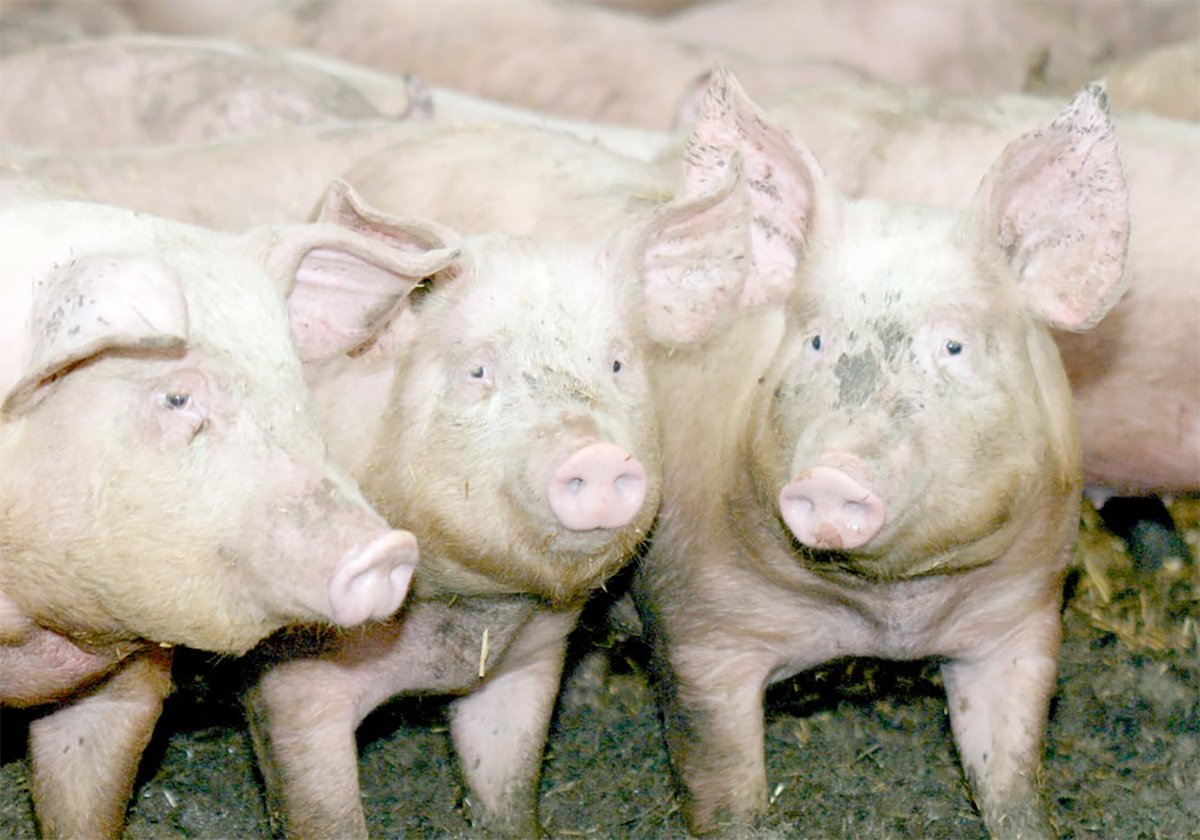BANFF, Alta. – The man in charge of Bayer Canada’s crop protection
division does not believe it has produced a chemical that harms
beneficial insects.
Canadian, French and German beekeepers have been reporting heavy losses
in their hives as early as 1994.
“Imidacloprid was the unlikely cause,” he told the Canadian Honey
Council meeting in Banff.
“We didn’t feel we had an impact.”
A series of residue studies have turned up nothing and the company
Read Also

The Western Producer Livestock Report – November 13, 2025
Western Producer Livestock Report for November 13, 2025. See U.S. & Canadian hog prices, Canadian bison & lamb market data and sales insights.
concluded its product was not to blame.
“We found no causal relationship between use of imidacloprid and
decline in honey production and bee populations in any country,” he
said.
However, Bayer promises to keep researching the issue and will support
education programs on the proper use of the chemical.
“There is an issue in Canada and bees continue to die,” he told a group
of skeptical beekeepers.
Imidacloprid was discovered in 1985 in Japan. It targets insects that
pierce plant tissue, eat plants or suck plant sap.
Beekeepers first began reporting problems in France in 1994 when
sunflower seeds were coated with Gaucho prior to planting. The chemical
binds to the soil particles and is broken down by soil microbes.
Registered for use in 120 countries on 140 crops, Canadian registration
covers potatoes, tomatoes, field lettuce, apples and some greenhouse
uses.
It is also an ingredient in Gaucho to control flea beetles and lygus
bugs in canola. Another application is in flea collars for pets.
“Canada has one of the smallest registration packages in the world,”
Sorensen said.















